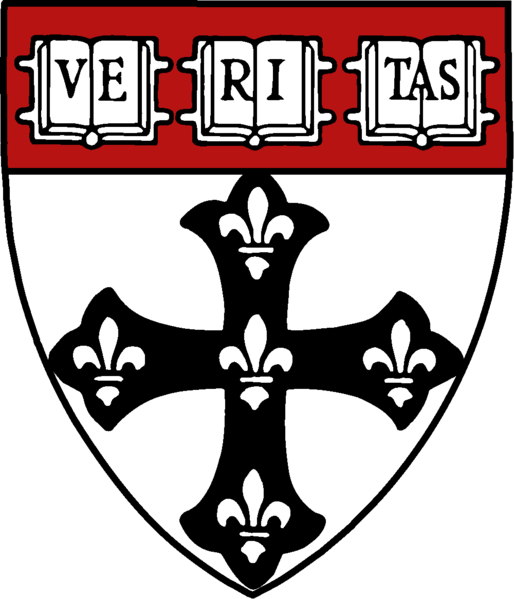Humanitarian Assistance Webcast 11: The Politics of Recovery

Date/Time:
September 27, 2012 - 9:30am - 11:00am
Location:
Online
Website:
https://hsphevents.webex.com/hsphevents/lsr.php?AT=pb&SP=EC&rID=5818772&...
Description:
Click here to view a recording of this event.
During the humanitarian reform process launched in 2005, humanitarian actors introduced early recovery as a humanitarian cluster to facilitate policy linkages between humanitarian relief and development. However, the scope of the early recovery cluster has since broadened to encompass a host of additional transitional activities — including stabilization and peacebuilding — relevant to post-conflict contexts.
As the early recovery cluster has evolved, various debates have arisen about how organizations and agencies within the cluster should allocate resources and when humanitarian actors should transition from emergency relief to structural assistance. Disagreements between governments of conflict-affected states and humanitarian actors have sometimes proved particularly contentious. On one hand, post-conflict states have an interest in introducing activities that represent a return to stability to demonstrate to donors that governmental legitimacy has been restored. On the other hand, humanitarian actors — operating under the assumption that certain post-conflict countries are not yet ready to support themselves without outside assistance — sometimes believe that scaling back humanitarian activities could harm beneficiaries. Additionally, some humanitarian actors have stressed that through implementing programs, building infrastructure, and creating civil society initiatives, humanitarians hold the power to shape the political futures of the countries in which they operate, while other humanitarians have questioned whether such activities are appropriate for humanitarian agencies.
1. How can early recovery best complement initiatives geared toward promoting peace, stabilization, and recovery from conflict?
2. How should the early recovery cluster — and the humanitarian community as a whole — define “early”? Who should make this policy determination?
3. Should the humanitarian community reach an agreement about benchmarks that would trigger certain transitional activities?
Hosts:
Christina Blunt (ATHA Project Coordinator, HPCR)
Rob Grace (Junior Associate, HPCR)
Panelists:
Rahul Chandran (UNOCHA)
Paul Porteous, BEc LLB, MPA (ANZSOG Institute for Governance)
Saqib Lughmani (UNDP Pakistan)
Angela Raven Roberts (Oxford University)
Further Reading:
Early Recovery Sources
Articles
- Bailey, S., Pavanello, S., Elhawary, S. and O’Callaghan, S, 2009, “Early Recovery: An Overview of Policy Debates and Operational Challenges.” HPG Working Paper.
- Bailey, Sarah, May 2010, “Early Recovery in Humanitarian Appeals”, HPG Commissioned Reports, Overseas Development Institute, London.
- Bailey, S. and Pavanello, S., 2009, “Untangling Early Recovery”, HPG Briefing Paper, No. 38, Overseas Development Institute, London.
- Bailey, S., 2011, “Humanitarian action, early recovery and stabilisation in the Democratic Republic of Congo”, HPG Working Paper, Overseas Development Institute, London.
- Chandran, R., Jones, B. and Smith, N., 2008, “Recovering from War: Gaps in Early Action”, A Report by the NYU Centre on International Cooperation for the UK Department for International Development, New York University, New York.
- Hammer, A. and Macrae, J., 2004, “Beyond the continuum: the changing role of aid policy in protracted crises”, HPG Policy Briefs 16, Overseas Development Institute, London.
Key Documents:
Primary Sources:
- One Response
- http://oneresponse.info/GLOBALCLUSTERS/EARLY%20RECOVERY/Pages/default.aspx
- Early Recovery FAQs
- UNDP Crisis Prevention and Recovery
In partnership with:
The objective of the Advanced Training Program on Humanitarian Action (ATHA) is to enhance the knowledge of NGOs and other relevant actors operating in the humanitarian field, and to create greater awareness of the relationship between development cooperation and humanitarian operations in complex political emergencies.
Sida works according to directives of the Swedish Parliament and Government to reduce poverty in the world. The overall goal of Swedish development cooperation is to contribute to making it possible for poor people to improve their living conditions.




